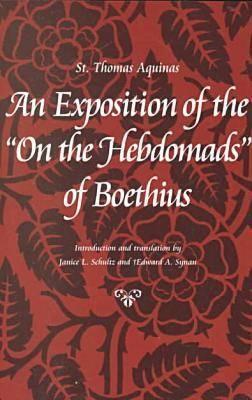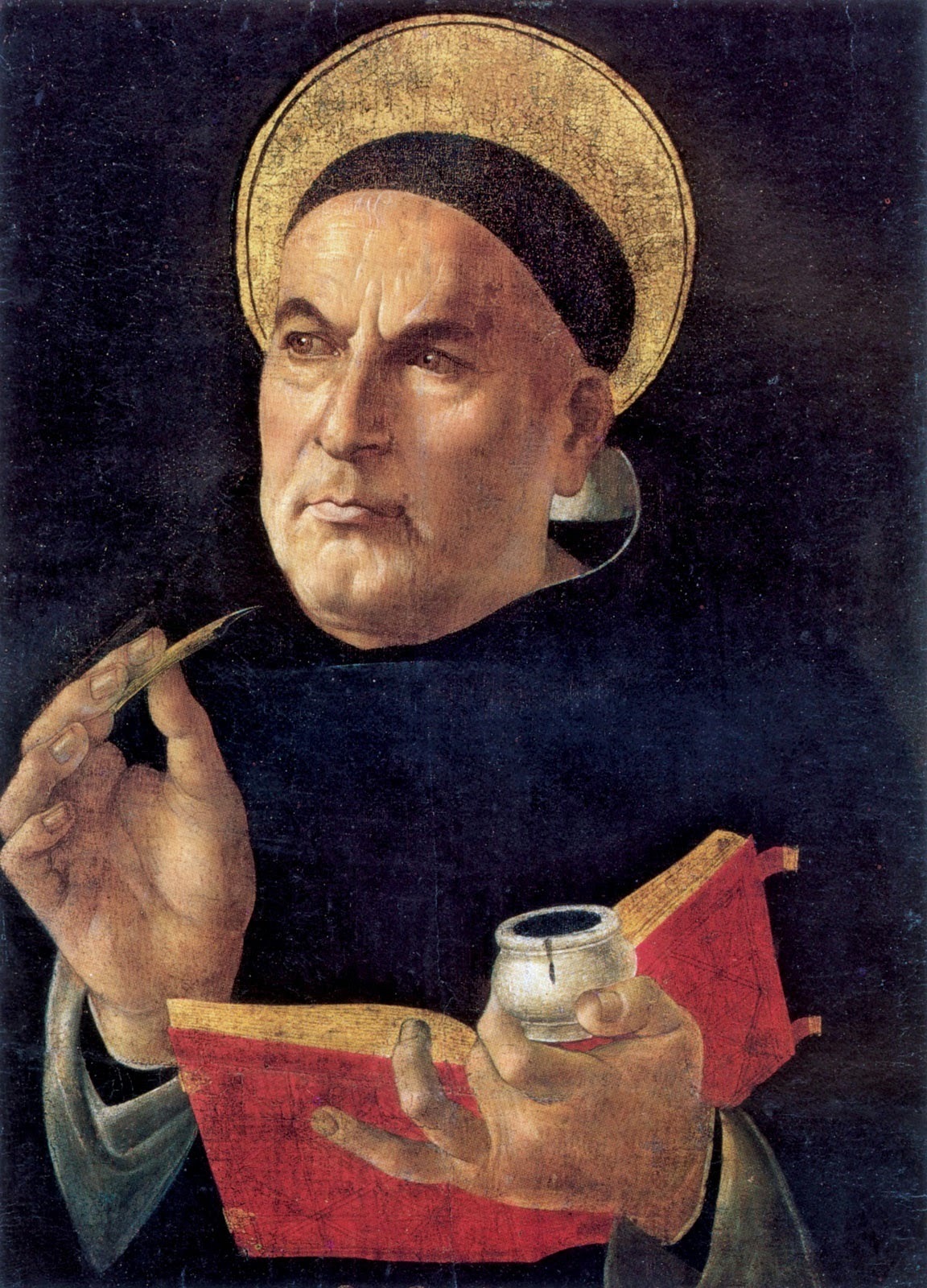
In his sixth-century work commonly known as the De hebdomadibus, Boethius (ca. 480-524) poses the question of how created things or substances can be good just as they are―that is, good just by existing―without being the same as the source of all goodness, God, who is understood to be Goodness Itself. In his commentary written in the thirteenth century, St. Thomas Aquinas sets out to explain the problem Boethius is treating as well as to explicate Boethius' solution. In doing so, however, the Angelic Doctor suggests a more developed analysis of goodness, based on his own metaphysical perspective. Still, his view can be seen to continue the emphasis Boethius himself placed on the notion of creation―bringing into being ―as crucial to understanding the issues at hand. The introduction to this translation provides critical historical background, including an account of the influence of Cicero and Augustine, for understanding Boethius' view of being, or esse . Based on historical and textual analysis, the authors reaffirm the "traditional" interpretation, which holds that for Boethius esse indicates form rather than a distinct act of being. In articulating the difference between Boethius' and Aquinas' positions on esse and on goodness, and hence the relation of esse and goodness, Schultz and Synan show not only that Aquinas was respectful of Boethius' stance, but that his own position could be seen as a development in harmony with his predecessor's thought. The English translation itself, in facing-page format with the 1992 Leonine critical edition of Aquinas' Latin text, remains faithful to the text and at the same time clear and readable. The work will be valuable to those interested in the fundamental philosophical and theological questions facing mediaeval thinkers and also to those interested in Aquinas' metaphysical thought.
Author

Philosophy of Saint Thomas Aquinas, a Dominican friar and theologian of Italy and the most influential thinker of the medieval period, combined doctrine of Aristotle and elements of Neoplatonism, a system that Plotinus and his successors developed and based on that of Plato, within a context of Christian thought; his works include the Summa contra gentiles (1259-1264) and the Summa theologiae or theologica (1266-1273). Saint Albertus Magnus taught Saint Thomas Aquinas. People ably note this priest, sometimes styled of Aquin or Aquino, as a scholastic. The Roman Catholic tradition honors him as a "doctor of the Church." Aquinas lived at a critical juncture of western culture when the arrival of the Aristotelian corpus in Latin translation reopened the question of the relation between faith and reason, calling into question the modus vivendi that obtained for centuries. This crisis flared just as people founded universities. Thomas after early studies at Montecassino moved to the University of Naples, where he met members of the new Dominican order. At Naples too, Thomas first extended contact with the new learning. He joined the Dominican order and then went north to study with Albertus Magnus, author of a paraphrase of the Aristotelian corpus. Thomas completed his studies at the University of Paris, formed out the monastic schools on the left bank and the cathedral school at Notre Dame. In two stints as a regent master, Thomas defended the mendicant orders and of greater historical importance countered both the interpretations of Averroës of Aristotle and the Franciscan tendency to reject Greek philosophy. The result, a new modus vivendi between faith and philosophy, survived until the rise of the new physics. The Catholic Church over the centuries regularly and consistently reaffirmed the central importance of work of Thomas for understanding its teachings concerning the Christian revelation, and his close textual commentaries on Aristotle represent a cultural resource, now receiving increased recognition.